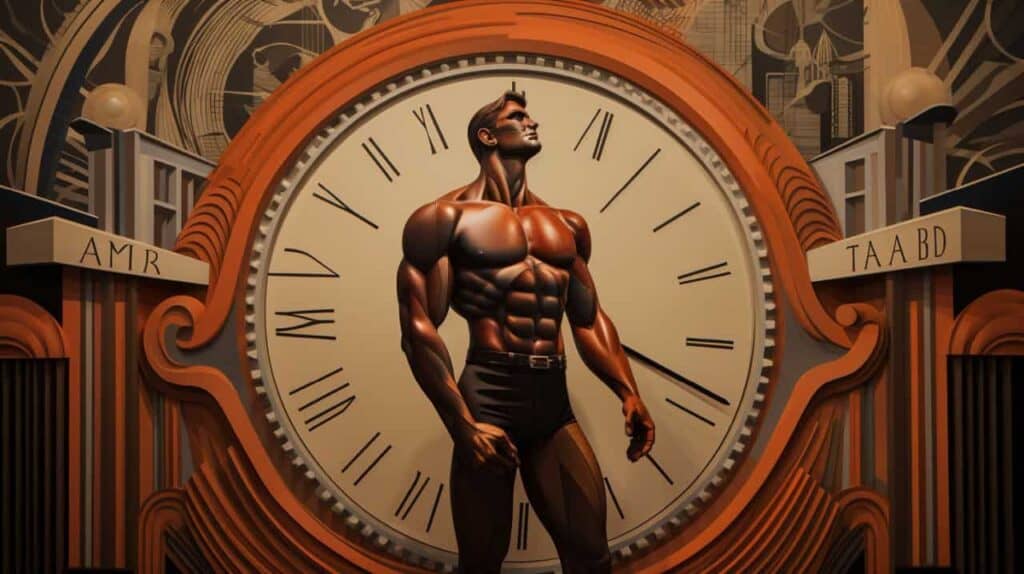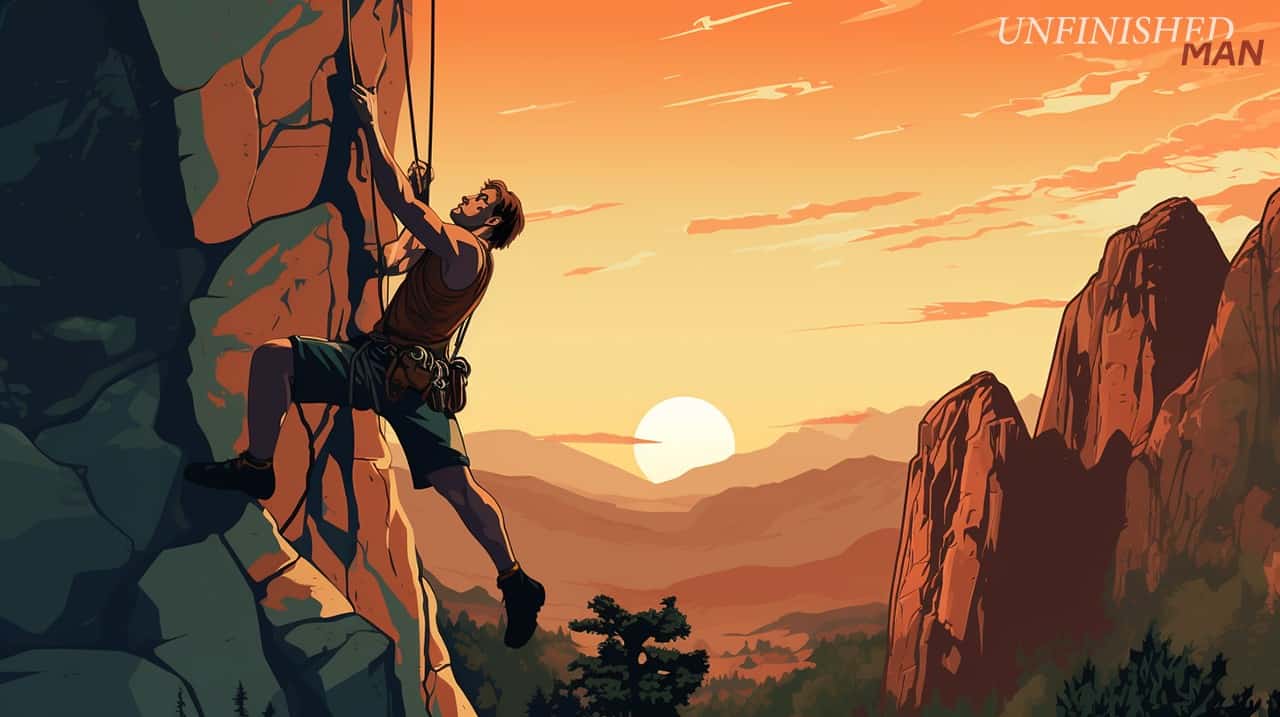Masculinity is in crisis. Or at least, that’s what we’re being told more and more by the media, books, and pop culture. The modern male is apparently lost, unsure of his role, and facing an identity catastrophe. But what does this actually mean? Is traditional masculinity truly in decline or are we just witnessing its necessary evolution in a changing world?
Key Takeaways
Traditional masculine roles like providing and protecting are less valued today. Many men feel lost without these clear roles.
Men are falling behind women in areas like college enrollment and earnings. This can negatively impact men’s self-esteem.
There is a crisis in fatherlessness, with many boys growing up without a positive male role model. This makes it harder for boys to learn how to be men.
Movements like MGTOW (Men Going Their Own Way) offer men a sense of male-only community but don’t provide a positive vision for masculinity.
There’s no doubt that long-standing ideas about masculinity are being challenged, especially the archetype of the strong, silent, ruggedly self-reliant man. Men today face the conflicting demand that they be both sensitive caregivers in relationships and children’s lives, while also exuding masculine bravado. Male spaces like locker rooms and gentleman’s clubs have vanished over decades, depriving men of bonding and identity-forming rituals. Even male-dominated industries like manufacturing have dwindled, challenging the notion that men are breadwinners.
Some believe this amounts to a war on masculinity, as society has swung towards female empowerment. But perhaps the crisis is better framed as masculine growing pains. Just as feminism freed women from narrowly defined gender roles, men are now gaining the same latitude to express themselves beyond stoic and aggressive stereotypes. Rather than losing masculinity, modern men are simply learning to integrate it with emotional intelligence and open-mindedness about what manhood can mean.

However, this transition has undoubtedly left many men adrift. Rising depression and suicide rates among middle-aged white men, especially in rural regions, indicate a demographic struggling to find purpose and meaning. These men likely feel left behind not only by economic shifts but also by changes in a culture where traditional masculinity has less cachet. Therapy and emotional processing are no longer just feminine realms, yet remain unfamiliar territory for many men.
Reconciling old and new notions of manhood requires discovering values that channel traditional masculine virtues like courage, leadership, and providing for families into the modern day. This means promoting involved fatherhood, moral stewardship, and vocational flexibility. Men must learn to derive dignity not just from work, but relationships. Caregiving and service can be uplifting new paths.
Critically, the decline in traditional masculinity norms should not be blamed as some scapegoat for men’s issues. Research shows that strongly clinging to stereotypical masculinity is itself harmful, correlating with problems like violence, risky behavior, and poor mental health. The crisis men face is not feminism or progressive values, but the need for better responses to evolving gender dynamics.
We cannot turn back time or halt cultural forces, only guide them. The age of exhausted men feeling pressure to be both alpha breadwinners and sensitive partners is waning. In its place, a more holistic, integrated male identity must emerge. One that allows men to build resilience against hardship, embrace emotion, nurture community, and above all, accept themselves during periods of difficult transition. The decline of masculinity as we know it does not have to be a defeat, but an opportunity.

